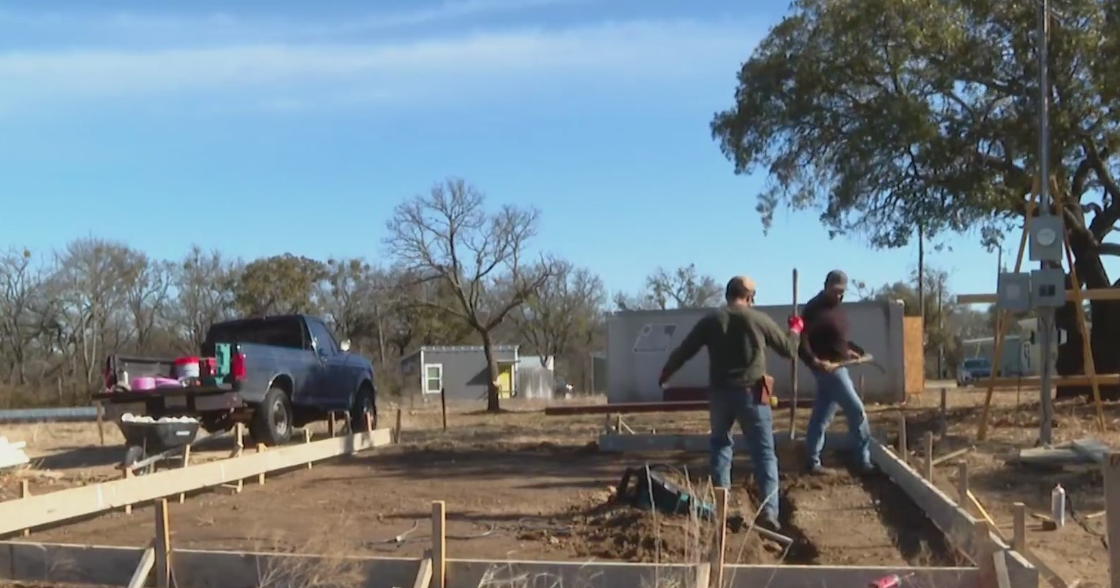How To Save On Fixed Expenses
BOSTON (CBS) - All week we have discussed ways to save on discretionary spending, but what about our fixed expenses? Let's start with where we live.
If you're paying rent, is your place big enough for you to take in a roommate? Would it be okay with the landlord? It could cut your expenses in half. If you are single and you own your home do you want a roommate? The hassle of a roommate may be worth the extra income of a $1000 a month.
If you have a variable rate mortgage you should consider refinancing to a fixed rate as soon as possible.
Insurance; review your policies. Our producer here at WBZ saved $500 by combining his auto and renters insurance and got the same coverage. Make the effort to see what's available.
You do need electricity but you can control how much of it you use. To save on both AC and heat be sure your windows are tight and the house is well insulated. Insulate attics and basement ceilings. Get a programmable thermostat that turns down or off the AC or heat when you are not there. Keep the sun out of the house in the summer by closing blinds and curtains or planting shade trees and let it in in the winter.
Turn off lights when you are not using them. That's a no brainer! Switch to fluorescent light bulbs. We did this after we had an energy audit done and I can see the savings in our electric bill. When you first turn them on they are dim but quickly warm up.
Your computer monitor draws more energy than the hard drive. Make sure it turns itself off when you're not using it. Unplug all of those chargers when not using them. Phones, toothbrushes, baby monitors all draw power when they are plugged in.
And when you buy any new appliances look for the Energy Star logo so you know you'll be saving on energy costs.
Cable – do you need all that you have contracted for. How many movies a month can you watch? Saving $50 a month is $600 a year.
Phone Bills – if you have a landline and a cell phone consider just getting a basic service for the landline and using your cell phone for long distance calls. Some experts advise dropping your landline entirely. I'm not quite sure that's the best advice. We were without power for several days one winter but had telephone service. We were charging our cell phones at work or in the car.
If you use your cell phone a lot be sure you look at the family plans or the Verizon plan where you can call other Verizon customers for free. Everyone in our family has a Verizon plan and we put in a lot of time talking to each other.
With the price of gas increasing you just may want to consider public transportation or carpooling, even if it's only a couple of days a week at close to $4 a gallon it will save gas as well as wear and tear on your car.
The warehouse clubs like BJ's offer cheap gas for their members. And it does not make any sense to drive around looking for a lower price. Check out Gas Buddy for cheap gas in your neighborhood.
One More Thing: My grandmother's method for keeping her house cool was to keep the sun out of the house. Open the windows at night and let the cool air in and in the morning, close the windows and keep the shades or curtains closed wherever the sun is shining in. If you are off to work, close up the house before you leave. It does work!
Ideas from listeners:
Move furniture off of heating vents/registers
Wrap your water heater in an insulation blanket
Replace old appliances
Clean refrigerator coils are least once a year
Clean lint from the dryer vent at least once a year. This is lint in the duct work not the lint trap/screen
Switch to compact fluorescent bulbs
Set water temperature on water heaters lower to 120. Many dishwashers heat the water to a higher temperature for washing
Install new shower heads. Low-flow which uses about half the water that a regular shower head uses
Edison Electric Institute (EEI) offers consumers the following simple, no-cost tips for keeping cool and saving money:
- Set the thermostat at 78 degrees or higher when the house is occupied, and at 85 degrees when no one's home (you'll save 1–2 percent on cooling costs for each degree you can raise your thermostat). And if its air filter hasn't been cleaned in over 30 days, then it may be time to do so.
- Close the curtains or shades closed on any south- or west-facing windows (save 2 – 4 percent on cooling costs).
- If available, turn on ceiling and table fans—a fan will allow you to raise the thermostat setting about 4 degrees and still feel cool. For ceiling fans, make sure they are turning in a counterclockwise direction (you should feel a cool breeze standing directly under the fan)—but only use the fan while you're in the room—fans cool people not places.
- For unused rooms, shut the door and close any air supply vents inside them (save up to 3 percent on cooling costs).
- Cook with the microwave oven instead of the regular oven (save up to 90 percent on cooking costs), or if available, an outdoor grill.
- Install compact fluorescent lights in high-use fixtures (save about 66 percent on lighting cost per fixture). Turn off any lights that aren't being used, and dim those that are, if possible.
- Wash/dry full loads of clothes (in cold water when possible) and dishes (save 2 – 4 percent on energy costs).







